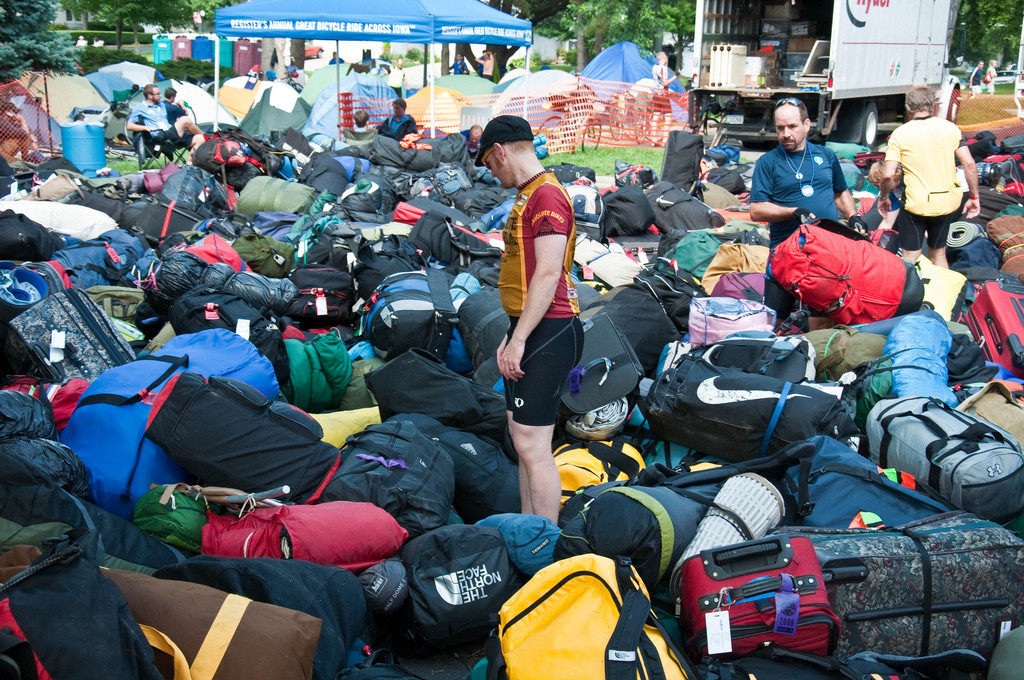The word “harbor” is originally Old English, and it mean lodging, quarters, a safe place to stay. Its Latin equivalent is what expands the idea into water and coastal areas. The Roman portuus was a harbor for ships coming in from sea travels, often from distant trading lands. The word portuus is also rooted in the word that means to carry. So, a harbor was a place that things were carried into, and then, of course, could be kept safe.
This is what I find myself pondering these days. We all need and want places that are harbor for us–places of safety, security, tranquility, places that offer us peace of mind. I think we can also find those qualities and experiences in some of our relationships. Some people become harbor for us.
No harbor, however, is or remains a sterile place of safety. We all go to harbors carrying into them our stuff, and we enter into those harboring places or harboring relationships expecting that what we carry with us will be safe and saved there, too. Here is the challenge and possibility that churches, religious communities and schools (among some other places) offer humanity as harbor. They immediately by their very nature offer us  safety, welcome, friendliness, and security, and almost as immediately, the baggage that human beings bring with them into these places begin to transform the harbor. The child or teen who has been bullied at home and in family will bring bullying behavior into a school. So will teachers who have been bullied (few people think of that). Men and women who have been taught to fear the LGBTQ community will bring those fears into religious communities. Men and women who enjoy white privilege will bring those hidden expectations into schools and churches and exercise them there in just as unconscious a form as they do in other places–perhaps even more so because these are considered safe places to be.
safety, welcome, friendliness, and security, and almost as immediately, the baggage that human beings bring with them into these places begin to transform the harbor. The child or teen who has been bullied at home and in family will bring bullying behavior into a school. So will teachers who have been bullied (few people think of that). Men and women who have been taught to fear the LGBTQ community will bring those fears into religious communities. Men and women who enjoy white privilege will bring those hidden expectations into schools and churches and exercise them there in just as unconscious a form as they do in other places–perhaps even more so because these are considered safe places to be.
There’s no way around this. We will bring our baggage into our harbors, places where we truly can and should be able to expect safety and security. The real question is what it is we expect to save in those harbors. Do we expect to save our baggage that has been weighing us down and cause so much turmoil in our worlds? Or do we wish to save the precious humanity that is ours to live and experience in a way that is free and authentic?
Harbor is not only a place where we carry our baggage and which we can expect to offer us safety. A true harbor makes it safe (even if painful) to unpack that baggage and clear it out of our lives before we set sail in the world again.
Bob Patrick
